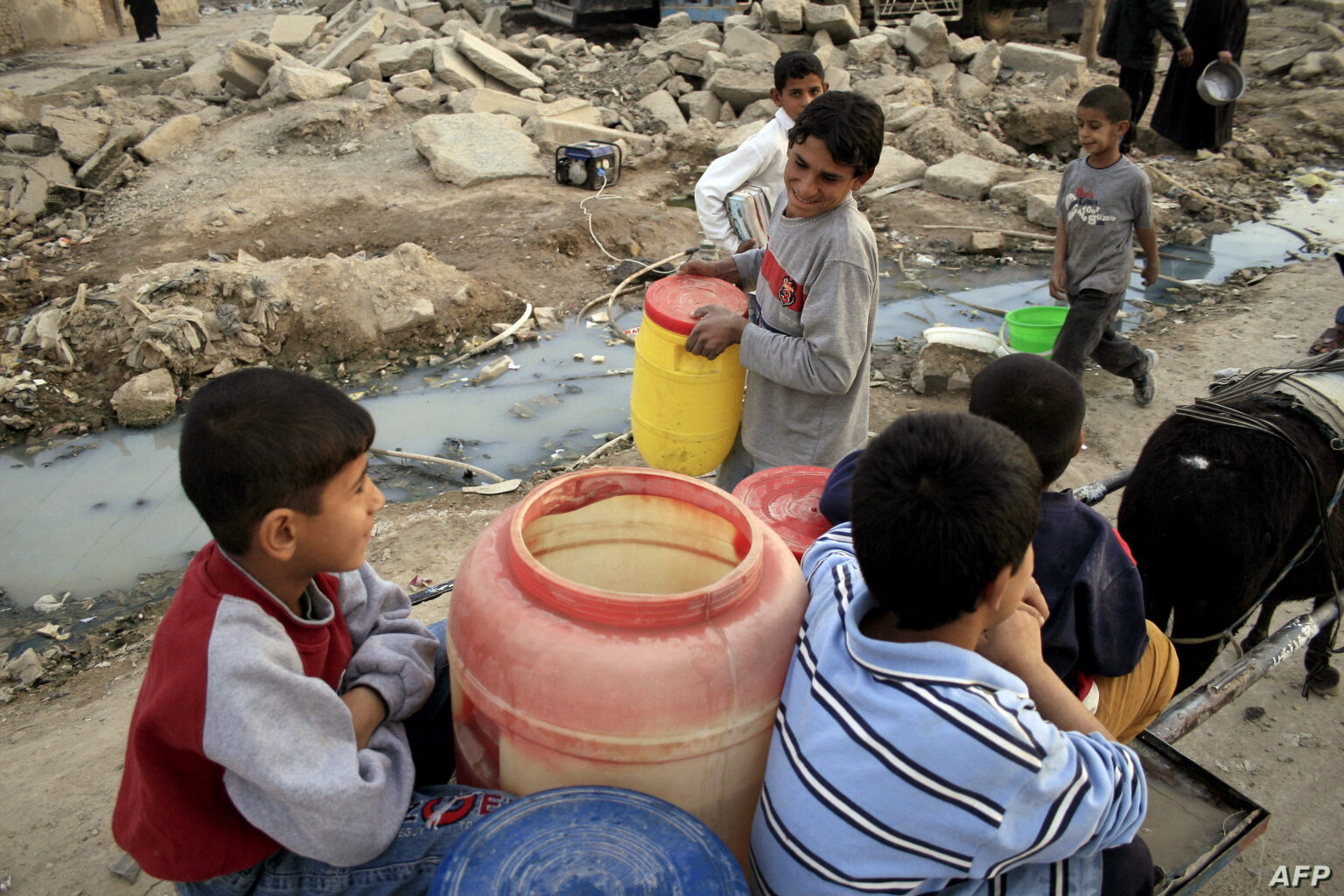The recent cholera outbreak in Syria is concerning health officials and the government as the UN says that the disease could pose some serious consequences for the war-stricken nation. This is the first time in years since cholera has been confirmed in Syrian waters.
In the past three weeks, at least eight people have been reported dead and more than 900 cases have emerged, which are all suspiciously similar to confirmed cholera cases. Most of the cases have been reported in the provinces of Deir al-Zour and Aleppo.
It is suspected that the leading cause of the outbreak is the consumption of water by local people from the river Euphrates in the provinces. It is also believed the waters are being used for irrigation and agricultural practices.
Experts believe the outbreak is also an indicator of how climate change and war-related conflict have resulted in depleting water resources and famine-related issues in Syria. Euphrates waters have reached really low levels as the temperatures across the country continue to soar and the rainfalls become scarce. The river water level has also been reduced by the interference of the neighboring country Turkey which is blocking the upstream flow.

Combined with all this, the war resulted in crumbling sewerage infrastructure, and the supply of clean water has been reduced to an all-time low. All of this had culminated in 5 million Syrians being dependent upon unsafe ways to fetch drinking water and use it for the cultivation of crops. Water-borne diseases like cholera have now emerged out of this mess.
According to various Syrian News agencies, as many as 20 cases and six deaths have been confirmed by laboratories in the affected provinces like Aleppo. Additionally, four cases in Latakia, a coastal province and two cases in Damascus had also been reportedly confirmed.
Syria is under grave threat. United Nation
According to the United Nations report, the situation appears to be a bit grimmer. The severity can be determined by the data which proves that 936 cases of acute diarrhea, which includes the eight related deaths, have been reportedly confirmed since August 25.
A large chunk of UN’s data belongs from the most affected provinces of Aleppo and Deir al-Zour where 670 and 201 cases have been confirmed respectively. The death toll in both regions tallies to eight, six of which have been in Aleppo.
The UN Humanitarian Chief, Imran Riza calls for immediate action which should be swift and urgent to prevent any further deaths and suffering. He calls the outbreak a “serious threat” to Syria and its people.
The UN has already started dispatching health-related equipment and drugs. Rehydration salts, intravenous fluids, and rapid diagnostic tests have been already delivered to high-risk areas and the health facilities present there. Clean water is also being currently supplied to the affected areas. The process of cleaning up the river water by chlorination is also now in motion.

Cholera is deadly and is an acute diarrheal disease caused by the gram-negative bacteria Vibrio cholera. In some cases where the patient is at severe risk, the bacteria can cause the death of the person within some hours. Historically, most of the affected people have been poor and lived in bad living conditions which limited resources and used unhygienic waters for washing, drinking, and making food.
Syria will overcome the crisis
Syria has been in conflict for the last 11 years so the country still has a long way before any infrastructure will be built or any development will take place. The people are going to have to elect leaders who will focus on sustainable growth and who will take the impacts made by climate change seriously.
Organizations are also running short of funding as the regions near Syria are also suffering from several disease outbreaks like Pakistan where the conditions have worsened due to the recent floods. WHO has also requested the replenishment of its funds to help support smaller nations like Syria and Pakistan.
The cases in Syria are rising day by day and it is not looking good for the unstable country where peace had just been recently restored. There is hope that Syria will stomp out the disease from their country through continuous efforts and help from their neighbors and non-profit organizations. The struggle against the cholera outbreak is going to toll immensely on the Syrian people but with united efforts towards a goal of eradication, the impossible must just be within reach.













